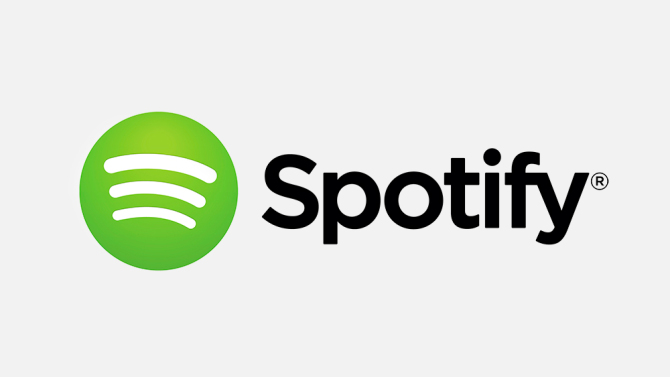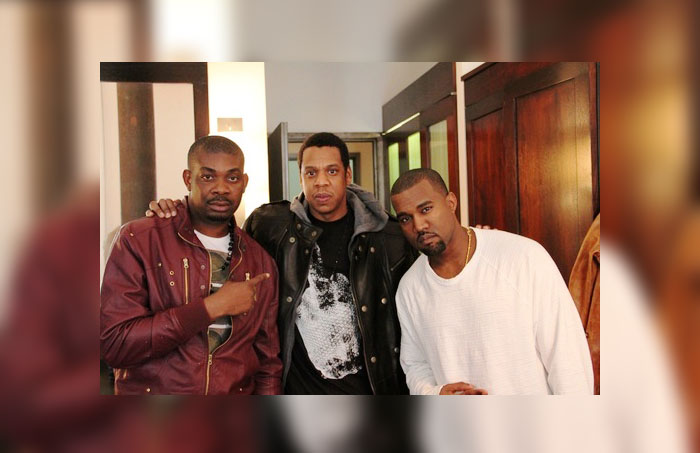Business & Finance

- Super User
- Category: Business & Finance
- Thursday, 25 August 2016 13:52
Spotify and major labels wrangle again over ad-supported listening, royalties...
Everything old is new again at Spotify, which is currently trying to nail down new deals with the major record labels — a process that once again brings up issues around Spotify’s large number of non-paying users, as well as the rates that the service is paying to rights holders.
Spotify’s long-term contracts with the three major record labels all have expired, forcing the service to operate on the basis of short-term extensions, according to a report by the Wall Street Journal. The company has been going month to month with one of the labels for close to a year, according to the report.
The reasons that Spotify hasn't been able to strike new deals sooner aren't new, at all. Record labels have long pushed for Spotify to cut down on ad-supported listening, which gets them far less in royalties that a paid subscription.
Spotify however has been arguing that its free, ad-supported tier is helping to ease users into paying — and the company has some numbers to back this up. Out of its 100 million monthly active users, more than 30 million are paying every month. The Journal quotes analysts estimating that 35 percent of Spotify’s users eventually convert to become paying customers.
Spotify also has some good arguments for why it shouldn't be forced to pay more, with staying in business being at the top of the list. The world’s biggest music streaming service keeps growing, even as competitors are entering the space, but it also keeps bleeding money. Spotify generated $2 billion in revenue in 2015, but also lost $200 million, with both revenue and losses growing year-over-year.
The company is currently paying an estimated 55 percent of its revenue to record labels, with an additional 15 percent going to publishers and songwriters. Add the fees that Spotify has to pay third parties for payment processing, and there’s little if anything left to build a profitable business.
All of that is not new. What has changed, however, is that there are a bunch of new entrants in the market, including some with deeper pockets that don’t necessarily need their music subscriptions to be profitable, at least not in the near term. The biggest elephant in the room is Apple. Apple Music launched without a free tier, and still managed to grow to now has 15 million paying subscribers, in turn strengthening the label’s arguments against ad-supported streaming.
But Apple isn’t the only one making Spotify’s life more difficult. A number of new entrants have also been at the mercy of the music industry, making it possible for the labels to get concessions that Spotify previously wasn’t willing to give them.
SoundCloud for example is allowing rights holders to decide which tracks they will make available for ad-free streaming, and which will only be available on its paid tier. Pandora is also close to striking deals with record labels, which likely won’t include free on-demand listening.
Spotify still can rely on power in numbers. In many ways, it has become too big to fail. But that may not stop the labels from pushing harder for new concessions.
SOURCE: Variety.com













































































